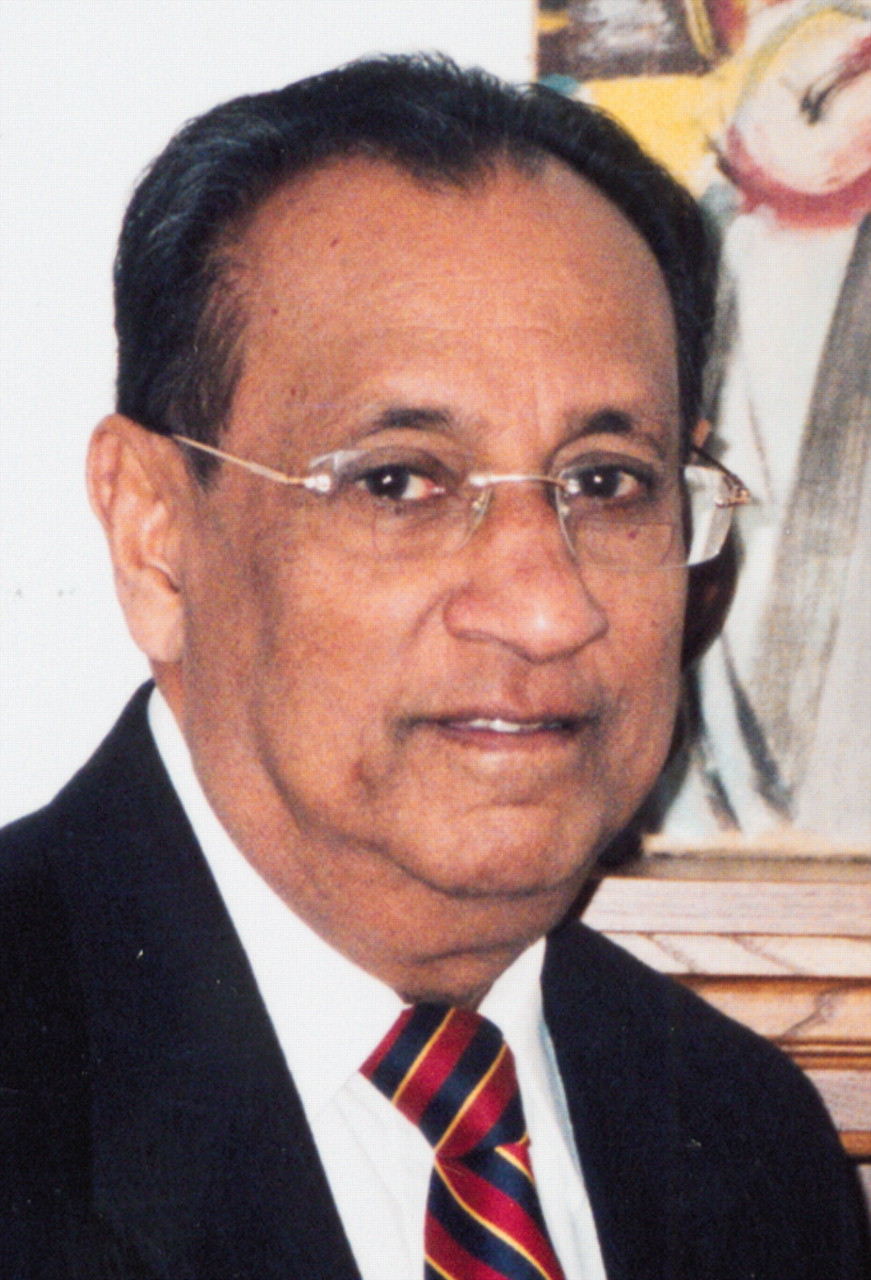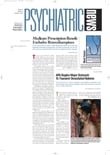Indonesia's mental health minister announced last month he wants to reach the 650,000 refugees from December's tsunami in Aceh province in northern Sumatra.
Aceh was the nearest land to the earthquake's epicenter and bore the brunt of the raging tsunami that overtook its coastline, killing more than 100,000 people there as of last month.
Indonesia has rudimentary mental health services, with only 600 psychiatrists to care for more than 238 million people. In addition, psychiatry is disdained by the medical profession, and psychiatric illness is heavily stigmatized, according to news reports from there.
The Indonesian Psychiatric Association and other mental health groups are collaborating with the government's mental health division to set up trauma treatment guidelines for tsunami survivors, according to a January 13 Reuters article.
Syed Arshad Husain, M.D., an APA member and director of the University of Missouri Trauma Center, left for Jakarta, the capital of Indonesia, last month with a team of psychiatrists, psychologists, and educators to train 50 to 75 teachers, nurses, general practitioners, and humanitarian workers in trauma treatment. Husain told Psychiatric News that the team will also conduct trauma training workshops for local professionals in Colombo, the capital of Sri Lanka.
“We know that mental health services are rudimentary at best in these countries and cannot meet the tremendous needs that traumatized people will have in the coming months,” said Husain.
APA member David Ratnavale, M.D., a disaster expert originally from Sri Lanka, went to Colombo last month to assess the mental health needs of tsunami survivors and advise the government about how to respond to those needs. He is APA's liaison to Sri Lanka's psychiatric community and will report back to APA.
Ratnavale told Psychiatric News that he also advised a previous government in Sri Lanka on addressing trauma at the height of the longstanding conflict between the Sinhalese government and the Tamil minority who are demanding their independence.
The Tamil separatists reside in the northern and eastern parts of the island, and the Sinhalese majority live in the central and southern parts. A fragile ceasefire has been in effect since 2002, and the two sides are cooperating on relief distribution, according to Ratnavale. He pointed out that the two groups differ in ethnicity, language, and religion.
“As a result of the tsunami's indiscriminate destruction in both government- and rebel-controlled areas, their respective militaries are working together in relief operations. Politicians are hoping that this will continue and enhance the peace process,” Ratnavale commented.
The Sri Lankan government has established a psychosocial division and sent medical and mental health workers to the hard-hit coastal areas. Ratnavale will assess the need for trauma training and meet with psychiatrists with expertise in disasters while there.
Another APA member, Manoj Shah, M.D., is in India, his country of origin, to assist with the mental health aspects of the tsunami that ravaged India's southern coastline and killed more than 10,000 people there. Shah is an advisor to the board of the Mental Health Research and Education Trust in Ahmedabad, his hometown.
“I plan to coordinate the tsunami mental health aspects with the philanthropic organization,” Shah told Psychiatric News. The trust funded Shah to establish a group-counseling center in his home city after a severe earthquake killed thousands in 2001.
Meanwhile, the Indian Psychiatric Society (IPS) has established the Task Force on Tsunami Disaster made up of psychiatrists from the four southern states that were the hardest hit.
IPS President J.K. Trivedi, M.D., told Psychiatric News. “We will collaborate with the National Institute of Mental Health and Neurosciences in Bangalore. The government has designated the institute as the main psychiatric center to help tsunami victims.” ▪

